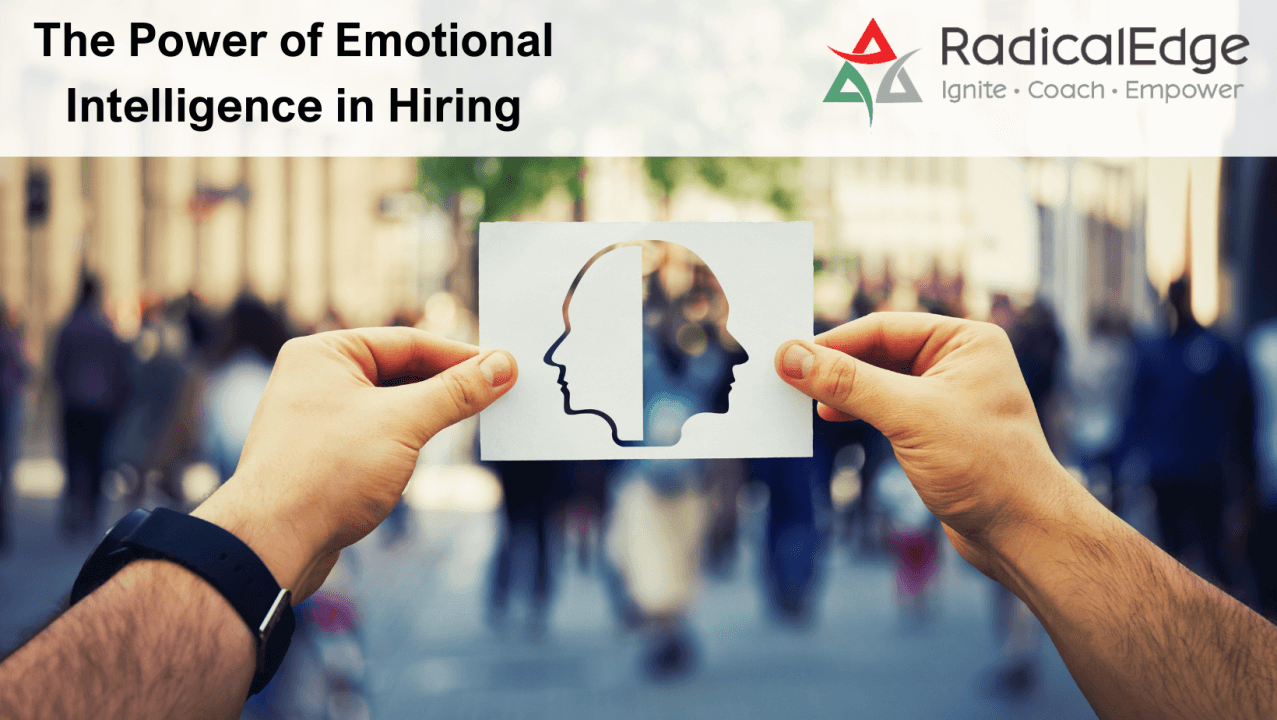In the dynamic landscape of the modern workplace, the significance of Emotional Intelligence (EI) in hiring cannot be overstated. This guide delves into the crucial role of EI in the hiring process, shedding light on why it’s a game-changer and how employers can leverage it to build resilient, collaborative, and successful teams.
Introduction: A decade ago, a senior leader renowned for strategic prowess joined an MNC. Despite an impressive track record, the team disintegrated, showcasing the pivotal role of company culture. As Peter Drucker wisely said, “Culture eats strategy for breakfast.” This notion underscores the need for emotionally intelligent leaders.
Understanding Emotional Intelligence: Emotional Intelligence, often deemed the X-factor in professional success, involves recognizing, understanding, and managing emotions effectively. This includes self-awareness, self-regulation, empathy, motivation, and social skills. In the workplace, these skills are paramount for fostering collaboration, resolving conflicts, and promoting a positive organizational culture.
Impact on Workplace Success: Studies consistently show that individuals with high Emotional Intelligence are more likely to succeed in professional endeavors. Beyond technical skills, candidates with strong EI bring essential interpersonal skills that enhance team dynamics and contribute to a thriving work environment.
Identifying EI in Candidates: In the hiring process, assessing a candidate’s Emotional Intelligence is as crucial as evaluating technical qualifications. Strategies include EI psychometric assessments, role-play-based simulations, and onboarding with EI self-assessments, followed by performance assessments to ensure consistent demonstration of EI in the workplace.
Nurturing EI in the Workplace: Once hired, employers play a vital role in developing Emotional Intelligence in their teams. This involves training programs, mentorship initiatives, and fostering open communication. Creating an environment where employees feel comfortable expressing their emotions contributes to a culture of trust and collaboration.
Conclusion: Prioritizing Emotional Intelligence in hiring is no longer optional; it is a strategic imperative for building successful teams. Employers can create a workforce that is not only technically proficient but also emotionally intelligent by incorporating EI assessments into the hiring process and investing in ongoing skill development.
Connect with RadicalEdge: For a deeper dive into Emotional Intelligence and its transformative impact, connect with us for a discovery call on the EI selection report.





